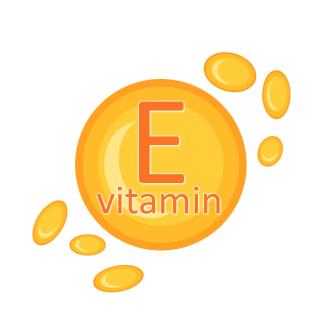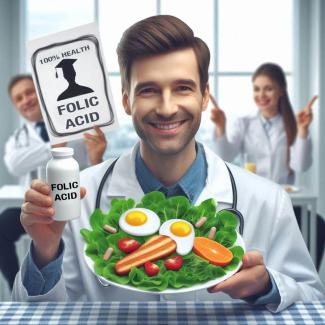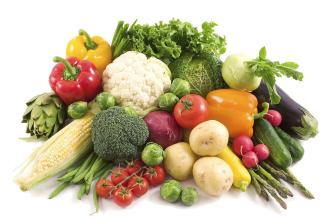
Vitamin E is an essential nutrient that the human body requires for various important functions. It is a fat-soluble vitamin, which means it is stored in the body's fat tissues and can be used when needed. Here are some of the key reasons why we need vitamin E:
- Antioxidant Protection: Vitamin E is a powerful antioxidant that helps protect cells from damage caused by free radicals. Free radicals are unstable molecules that can damage cells, proteins, and DNA, which can contribute to the aging process and the development of various chronic diseases, including heart disease and cancer.
- Immune System Support: Vitamin E plays a role in supporting the immune system's ability to fight off infections. It helps maintain the integrity of immune cells and aids in the production of antibodies.
- Skin Health: Vitamin E is known for its skin benefits. It helps maintain healthy skin by protecting it from the harmful effects of UV radiation and environmental pollutants. It is often used in skincare products for its moisturizing and anti-aging properties.
- Heart Health: Some studies suggest that vitamin E may help reduce the risk of heart disease by preventing the oxidation of LDL (low-density lipoprotein) cholesterol, which is a key factor in the development of atherosclerosis.
- Eye Health: Vitamin E may play a role in maintaining eye health, as it helps protect the cells of the eyes from damage caused by free radicals. It may also reduce the risk of age-related macular degeneration.
- Cognitive Function: Some research suggests that vitamin E may have a protective effect on cognitive function and reduce the risk of cognitive decline in older individuals.
- Fertility: Vitamin E is important for both male and female fertility. In men, it may help improve sperm quality, while in women, it may support reproductive health.
- Red Blood Cell Formation: Vitamin E is involved in the formation of red blood cells and helps maintain the health of cell membranes.
- Neurological Health: There is some evidence that vitamin E may be beneficial for individuals with certain neurological conditions, such as Alzheimer's disease and Parkinson's disease, although more research is needed in this area.
It's important to obtain an adequate amount of vitamin E through your diet, which can be found in various foods, including nuts, seeds, vegetable oils, green leafy vegetables, and fortified cereals. Most people can meet their vitamin E requirements through a balanced diet, but in some cases, supplements may be recommended by a healthcare professional. It's important not to consume excessive amounts of vitamin E, as high doses can have adverse effects.
The best foods with a high vitamin E content
Vitamin E can be found in a variety of foods, and incorporating these foods into your diet can help ensure you get an adequate intake of this essential nutrient. Here are some of the best foods with high vitamin E content:
- Nuts and Seeds:
- Sunflower seeds: Sunflower seeds are one of the best sources of vitamin E, with a high content per serving.
- Almonds: Almonds are rich in vitamin E and make for a healthy snack.
- Hazelnuts: Hazelnuts are another excellent source of vitamin E.
- Vegetable Oils:
- Wheat germ oil: Wheat germ oil is one of the highest sources of vitamin E among oils.
- Sunflower oil: Sunflower oil is a good source of vitamin E.
- Safflower oil: Safflower oil is also rich in vitamin E.
- Green Leafy Vegetables:
- Spinach: Spinach contains a moderate amount of vitamin E, along with other essential nutrients.
- Swiss chard: Swiss chard is another leafy green with a notable vitamin E content.
- Avocado: Avocado is a fruit that contains vitamin E and is also a good source of healthy fats.
- Paprika: Paprika, a spice made from dried red peppers, is surprisingly high in vitamin E and can be used to season a variety of dishes.
- Kiwi: Kiwi is a vitamin E-rich fruit that also provides vitamin C and other nutrients.
- Butternut Squash: This winter squash variety contains a decent amount of vitamin E.
- Seafood: Some seafood sources of vitamin E include rainbow trout, salmon, and shrimp.
- Fortified Foods: Some cereals, breakfast bars, and other processed foods are fortified with vitamin E. Check the labels for information on vitamin E content.
It's important to note that the vitamin E content in foods can vary depending on factors like processing and storage. While incorporating these vitamin E-rich foods into your diet is beneficial, it's generally best to obtain your vitamins and nutrients from a balanced and varied diet rather than relying solely on one source. If you have specific dietary restrictions or concerns about vitamin E intake, consider consulting a healthcare professional or a registered dietitian for personalized guidance.






